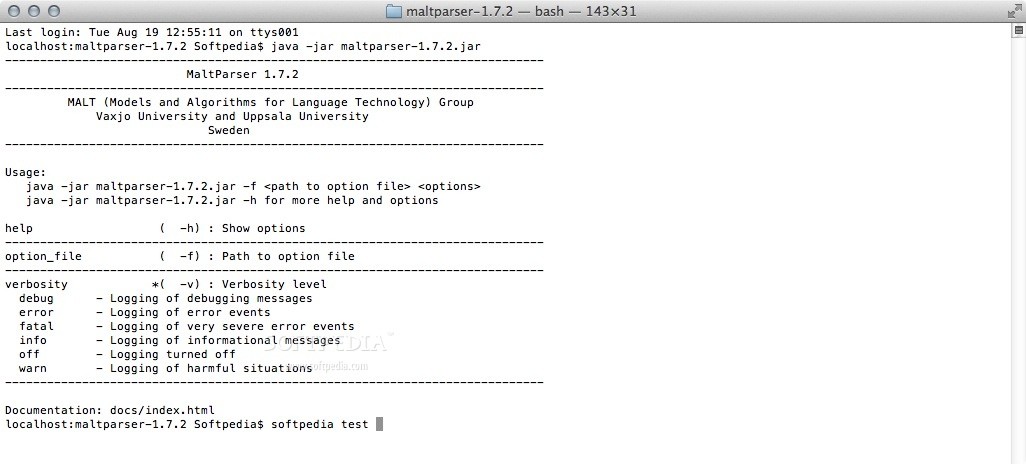Description
MaltParser
MaltParser is a cool, free, and open-source tool for data-driven dependency parsing. It's great because you can use it to create a parsing model from treebank data and then parse new data using that model. How neat is that?
What Does MaltParser Do?
MaltParser helps you build models that can make sense of language structures. You start by training it with some treebank data, which is like teaching it how sentences are put together. After that, you can throw new sentences at it, and it'll analyze them based on what it's learned!
Different Parsing Algorithms
This software comes with seven different deterministic parsing algorithms! Here’s the list:
- Nivre arc-eager
- Nivre arc-standard
- Covington non-projective
- Covington projective
- Stack projective
- Stack swap-eager
- Stack swap-lazy
Each of these algorithms has its own way of looking at sentence structure, so you can pick one that suits your needs the best.
Create Your Own Feature Models
A super cool thing about MaltParser is that it lets users define feature models of any complexity. This means you can tailor the parser to fit whatever language or syntax you're working with!
Download MaltParser Today!
If you're interested in trying out MaltParser, you can find more info and download it here!
Tags:
User Reviews for MaltParser FOR MAC 7
-
for MaltParser FOR MAC
MaltParser for Mac offers a robust set of parsing algorithms for data-driven dependency parsing. Users can define feature models of any complexity.
-
for MaltParser FOR MAC
MaltParser is a game changer! The variety of parsing algorithms is impressive, and it's easy to use.
-
for MaltParser FOR MAC
Absolutely love MaltParser! It's powerful, open source, and the customizable feature models are fantastic.
-
for MaltParser FOR MAC
MaltParser has transformed my work with dependency parsing. The performance is stellar and user-friendly.
-
for MaltParser FOR MAC
Five stars for MaltParser! The deterministic algorithms are efficient and the interface is intuitive.
-
for MaltParser FOR MAC
MaltParser is an excellent tool for anyone in linguistics. Open source and versatile, it’s truly top-notch!
-
for MaltParser FOR MAC
I highly recommend MaltParser! Its flexibility with feature models makes it perfect for advanced parsing tasks.

